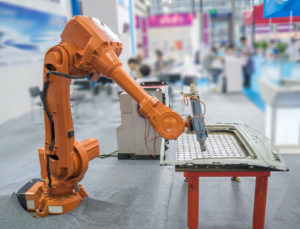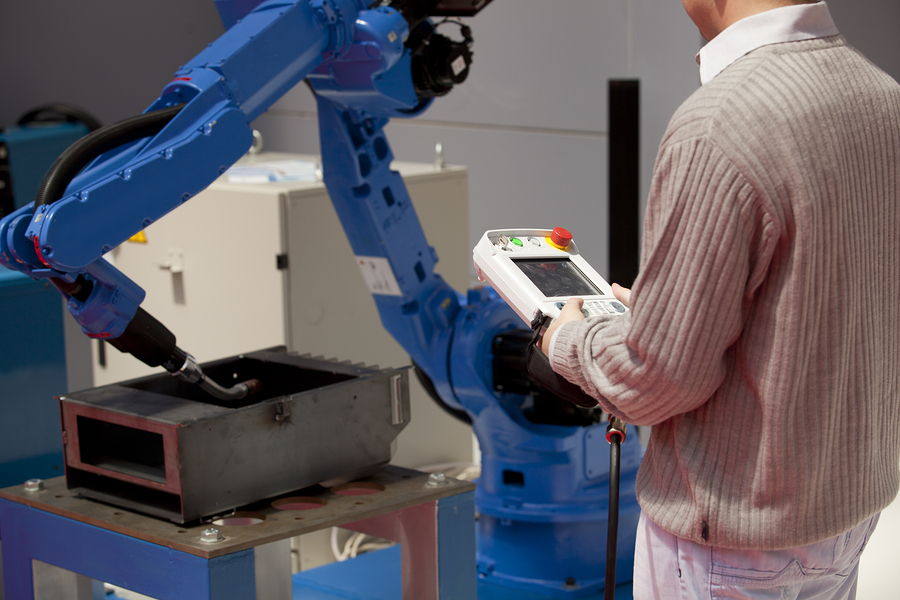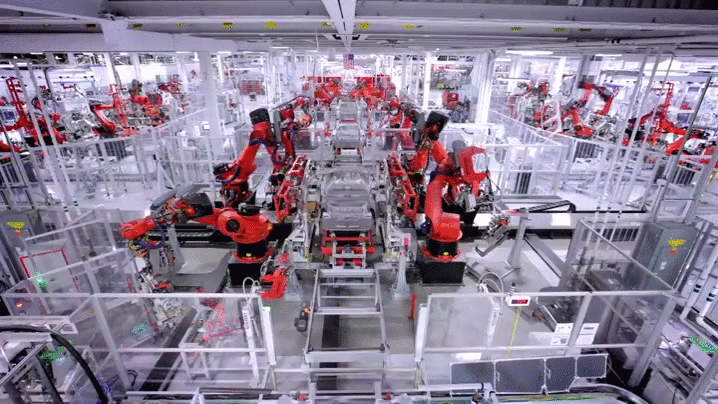Manufacturing is advancing, and it’s not stopping anytime soon. Humans have been making machines more efficient and productive since the Industrial Revolution, and today’s manufacturing tech, including robots, is no exception. With so many changes — and so many new and unique machines on production lines — how can industry insiders keep up? The key may be education.
Manufacturing evolution
Not only changing, manufacturing is becoming smarter, more high-tech. Factories aren’t the dirty places those outside the industry may envision when considering manufacturers and their workplaces. The tech-savvy manufacturing experts who work with them on the plant floor are also unlike the unskilled workers of yesteryear. Instead, output relies on them working with robots.
 As robots become less costly to acquire, manufacturing leaders can add them to production lines to increase productivity, efficiency — and their bottom lines. Does this mean more competition between manufacturers and technology? Not at all. In fact, some robotic applications require more workers than they did before automation. Robots aren’t taking skilled manufacturing jobs away; they’re simply taking on menial tasks like driving screws into engines.
As robots become less costly to acquire, manufacturing leaders can add them to production lines to increase productivity, efficiency — and their bottom lines. Does this mean more competition between manufacturers and technology? Not at all. In fact, some robotic applications require more workers than they did before automation. Robots aren’t taking skilled manufacturing jobs away; they’re simply taking on menial tasks like driving screws into engines.
Robots do, however, require an employee skills shift: Today’s manufacturing plants require technically human laborers trained to use and manage these robots, encouraging manufacturing professionals to develop and hone additional skills throughout their careers.
Education and training
With many positions not requiring a four-year degree, manufacturing hopefuls can enter the field with strong science, technology, engineering, and math (STEM) skills gained through high school programs, two-year degrees, and additional certifications. In addition, managers and supervisors can continually train employees on the manufacturing floor, allowing them to encourage learning and knowledge in the workplace.

For plant managers and supervisors, this means bringing employees into automation environments step-by-step, according to the Forbes article. Taking a slower approach, evaluating competency, and revisiting education topics when necessary can not only help keep manufacturing leaders from losing these valuable employees but also offer opportunities for all workers to ask questions and learn as they go.
Technology advancements
The robots themselves are becoming smarter — and more humanlike, according to The Wall Street Journal article. Whereas, decades-old robots could be dangerous, designers innovate and create robots to work alongside humans rather than replace them, taking on more tedious tasks and allowing workers to address those more advanced.
Time will tell whether less expensive, safer, as well as, more efficient and productive manufacturing will help bring jobs back to the U.S. For now, though, manufacturing advancements will likely continue to change the industry and encourage employees to advance their education.
 Whether you require a manufacturing robot fix or another repair, contact the professionals at Global Electronic Services for all your industrial electronic, servo, AC and DC motor, hydraulic and pneumatic needs.
Whether you require a manufacturing robot fix or another repair, contact the professionals at Global Electronic Services for all your industrial electronic, servo, AC and DC motor, hydraulic and pneumatic needs.